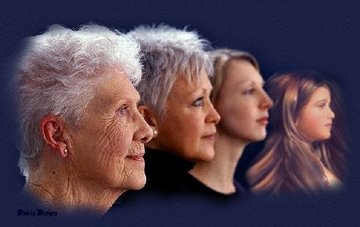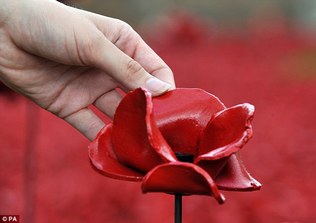
There will have been quite a few visits to places of worship in this last fortnight. In Britain it’s been Interfaith Week with interfaith events across the country. There’s been a great sense of energy within what some people call the interfaith community. It’s been good to realise just how much effort people put into bringing faith communities together, something that doesn’t often reach the press. I was part of a visit to one of our Synagogues with the Moderator of the Church of Scotland, the Primus of the Scottish Episcopal Church and Archbishop Philip Tartaglia, the Catholic Archbishop of Glasgow. We were, as you would expect, warmly welcomed, told something about the Synagogue and the community before gathering for tea and coffee where there was a real sharing of common concerns. A young journalist joined us and he was quite bowled over by the sight of these religious leaders being so at home with one another. He couldn’t believe this kind of thing happened – and yet it does all the time.
Unlike England we in Scotland have a theme for the week. This year it was Connecting Generations which became one of the topics discussed at the annual Interfaith Summit with the First Minister. I was asked to introduce the discussion on Connecting Generations from an elder’s point of view. What I wanted to show was that faith communities do this naturally. So often I go to interfaith events when specially funded project are highlighted. They need a director, often premises, staff, and if funding ends so does the project. It’s almost as though faith communities are only seen as valuable if they can mount projects for the wider community. This is not possible for all faith communities with limited numbers and resources. But there’s a lot of connecting generations going on. I happened to go to the local Hindu Temple recently and immediately there was a sense of activity – children learning Hindi, a cultural dance class going on, women preparing the food for the community meal after the service and a variety of generations in the prayer hall.
With the breakdown of the extended family in the west there are not many places where intergenerational living happens. Each week, and perhaps more often, faith communities gather and often share a meal together. At the heart of their life together is celebration – the annual celebrations of festivals which remind the community of their foundational stories and often festivals such as Purim and Christmas have ways of drawing in children and making them enjoyable. But there’s also the regular celebration of life cycle rite so that both young and old participate in births, deaths, marriages, coming of age rituals. It’s healthy to be aware of the pattern of living and ageing and dying as part of the human journey.
It’s important to the older generation to pass on the traditions that have been precious to them and so education is part of community life. Their desire is to give the younger generation a clear sense of identity, not in the sense of indoctrinating them but in the sense of giving them a foundation from which to reflect and engage with others. There’s been some recent research into Catholic Schools which shows that a clear sense of identity helps young people appreciate, live with, value different faiths. The clearer our own identity, the happier we are with diversity.
A happy, dynamic community is a valuable asset for society at large but of course faith communities do fail. From the press we’re aware of the dark side of religion. Shedding light on this is good and a challenge to communities to reform but even in the normal run of events young people as they leave home and begin study or work often opt out of the community. Sometimes the charge is that the elders speak a language that is irrelevant. We elders need to be challenged on this. We need to be questioned by young people about what we believe, we need to listen to how young people see and understand the world, we need to assure them of our acceptance as they struggle to make sense of life, we need to seek together for a common language. Young people have a gift for our communities and we and our communities will be the poorer if we don’t listen to them.



 RSS Feed
RSS Feed
